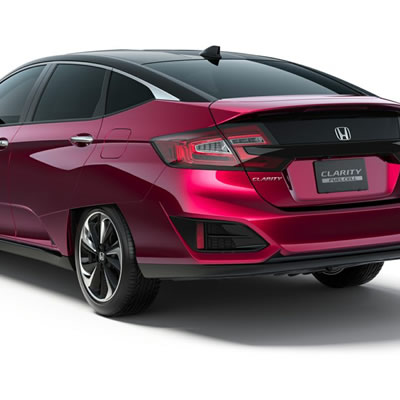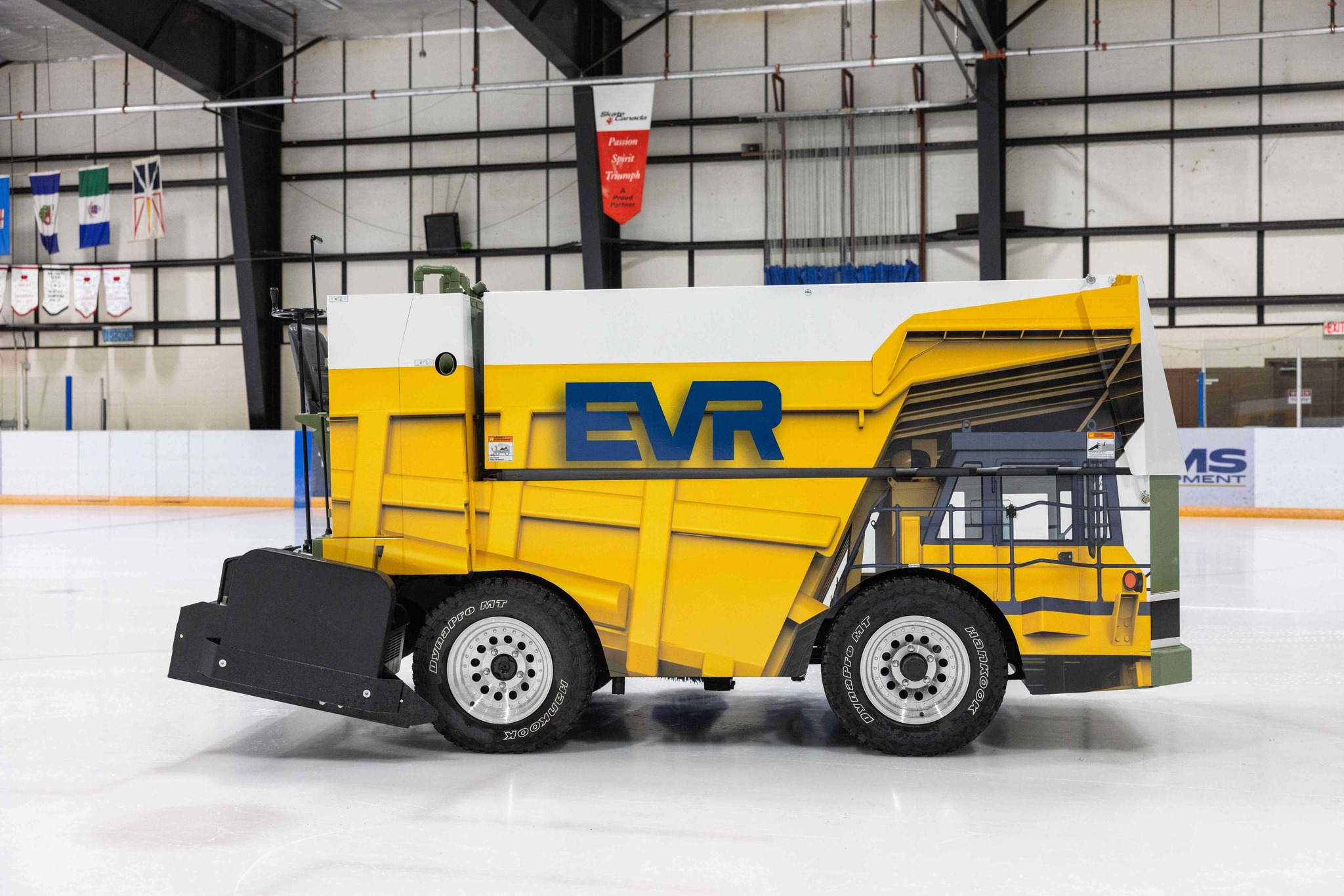Zero-emission vehicles help fight climate change

A Honda Clarity plug-in hybrid vehicle. — Photo courtesy Honda Canada Transportation is the second largest source of greenhouse gas (GHG) emissions
A Honda Clarity plug-in hybrid vehicle. — Photo courtesy Honda Canada
Transportation is the second largest source of greenhouse gas (GHG) emissions in Canada. This accounts for a quarter of Canada's total GHG emissions and almost half of those emissions come from cars and light trucks. One way that we can reduce the amount of transportation-related GHG emissions is to get more zero-emission vehicles (ZEVs) on the road.
A ZEV is a vehicle that has the potential to produce no tailpipe emissions. They can still have a conventional internal combustion engine, but must also be able to operate without using it.
For example, we consider the following vehicles to be ZEVs:
- battery-electric
- plug-in hybrid electric
- hydrogen fuel cell
We know that the higher cost of zero-emission vehicles (ZEVs) can make it more difficult to adopt this clean technology. The iZEV program and new tax write-offs for businesses will help make it more affordable.
Effective May 1, 2019, we will provide point of sale incentive for consumers who buy or lease an eligible ZEV.
There are two levels of incentive:
- Battery-electric, hydrogen fuel cell, and longer range plug-in hybrid vehicles are eligible for an incentive of $5,000
- Shorter range plug-in hybrid electric vehicles are eligible for an incentive of $2,500
To be eligible for the Incentives for Zero-Emission Vehicles program, you have to purchase or lease:
- a vehicle with six seats or fewer, where the base model (trim) Manufacturer's Suggested Retail Price (MSRP) is less than $45,000;
- higher priced versions (trims) of these vehicles, up to a maximum Manufacturer's Suggested Retail Price (MSRP) of $55,000, will also be eligible for purchase incentives;
Or
- a vehicle with seven seats or greater, where the base model Manufacturer's Suggested Retail Price (MSRP) is less than $55,000;
- higher priced versions (trims) of these vehicles, up to a maximum Manufacturer's Suggested Retail Price (MSRP) of $60,000, will also be eligible for purchase incentives;
You will still be eligible for the incentive even if delivery, freight and other fees, such as vehicle colour and add-on accessories, push the actual purchase price over these set limits.
See Qs&As for more information.
The purchase incentives for zero-emission vehicles will be applied at point-of-sale (i.e. at dealerships or online) directly on the bill of sale or lease agreement of eligible vehicle purchased or leased on or after May 1, 2019. Your dealership will be responsible for completing the documentation required to receive the incentive.
The federal purchase incentive for zero-emission vehicles will be applied in addition to any provincial zero-emission vehicles incentive offered.
Only new zero-emission vehicles are eligible for the federal incentive (i.e. vehicles that have not been plated before).
The incentive can be applied to eligible leased vehicles, but will be prorated based on the length of the lease. For example, a 48-month lease is eligible for the full incentive amount for the eligible vehicle in question and a 24-month lease will be eligible for half of the incentive for that vehicle.
There is a limit on how many vehicles Canadians can purchase or lease under the Program. Individuals can only get one incentive under this Program in a calendar year. Businesses and provincial and municipal governments operating fleets can only get up to 10 incentives under this Program in a calendar year.
- Audi A3 e-tron;
- Chevrolet Bolt and Volt;
- Chrysler Pacifica plug-in hybrid;
- Ford Fusion Energi and Focus Electric;
- Honda Clarity plug-in hybrid;
- Hyundai Ioniq, Kona and Sonata EVs and hybrids;
- Kia Niro, Optima and Soul EVs and hybrids;
- Mini Cooper Countryman plug-in hybrid;
- Mitsubishi Outlander PHEV;
- Nissan Leaf Plus;
- Toyota Prius Prime;
- VW e-Golf;
- smart fortwo
Budget 2019 proposed a 100-per-cent write-off for zero-emission vehicles to support business adoption. Eligible zero-emission vehicles include electric battery, plug-in hybrid (with a battery capacity of at least 15 kWh) or hydrogen fuel cell vehicles, including light-, medium- and heavy-duty vehicles purchased by a business. The proposed measure applies to eligible vehicles purchased on or after March 19, 2019 and before January 1, 2024. Capital costs for eligible zero-emission passenger vehicles (e.g., cars and SUVs) will be deductible up to a limit of $55,000 plus sales tax.
Vehicles in respect of which assistance is paid under the new federal purchase incentive will be ineligible for the 100-per-cent write-off.
More information on the 100-per-cent write off can be found at http://www.budget.gc.ca/



